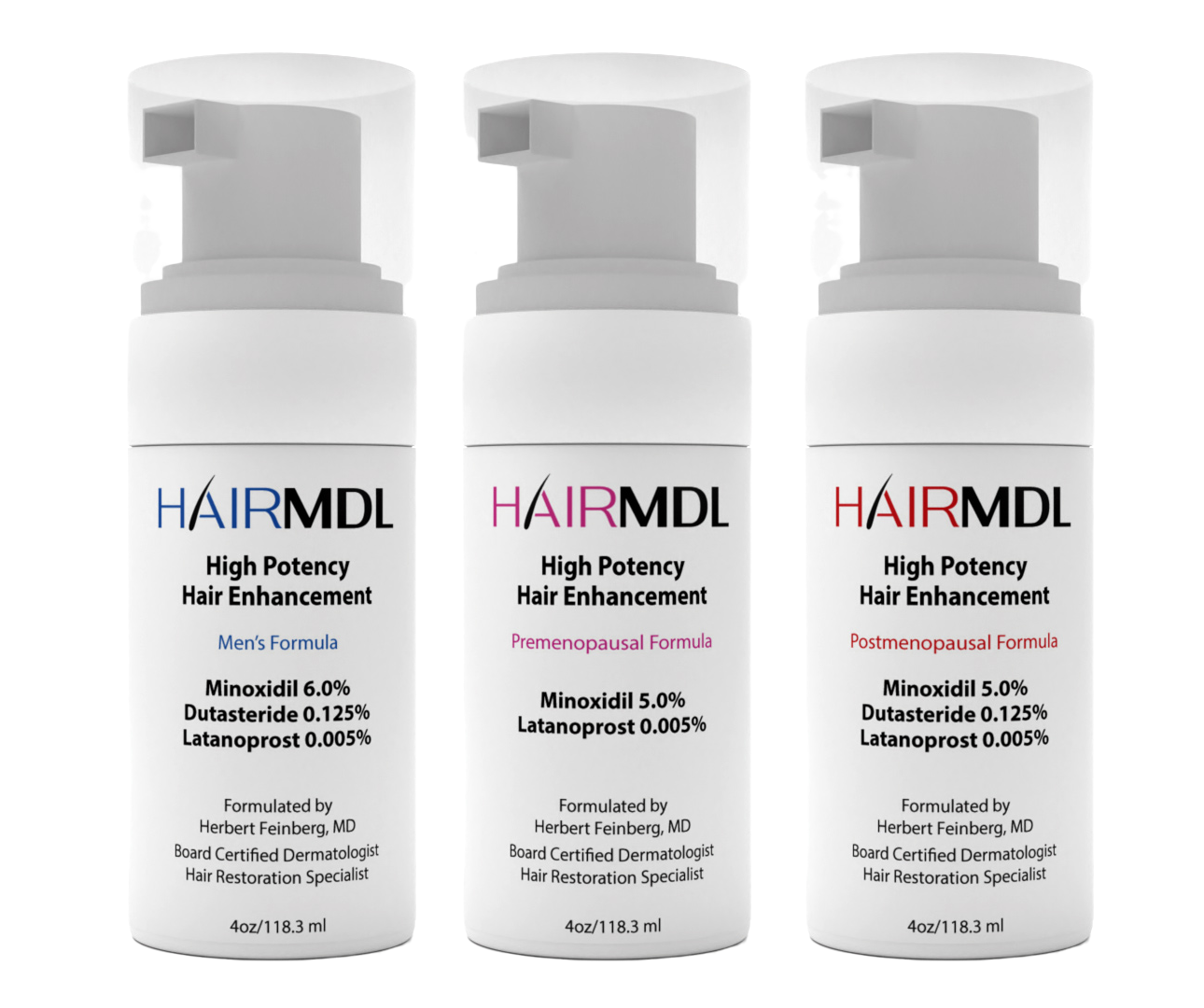Telogen effluvium has become much more common in recent years due to the pandemic and the collective increased stress load. Despite that, many people still aren’t certain how to differentiate telogen effluvium from more typical forms of hair loss.
What Is Telogen Effluvium?
The Cleveland Clinic explains that telogen effluvium is a non-scarring form of alopecia most often caused by stress. What makes telogen effluvium different from many other forms of hair loss is that it is scattered and usually more toward the crown of the head than near the hairline.
In recent years, telogen effluvium has been more prevalent because it is one of the many things brought on by COVID-19. Some people who suffered from severe bouts of covid have found themselves experiencing much faster hair shedding or actual telogen effluvium.
Research published by the National Institutes of Health says that as many as 25 percent of COVID patients suffered telogen effluvium. “Telogen effluvium (TE) is one of the consequences of the COVID-19 pandemic. COVID-19 leads to more medications and stress situations, which trigger TE.”
What Triggers Telogen Effluvium?
As noted previously, one of the primary triggers of telogen effluvium is stress. But that doesn’t necessarily mean just the things that we think of as stressful. Body stress can be anything from a sudden illness – like COVID – to various medical treatments – including chemotherapy or radiation treatment.
MedicineNet adds that pregnancy, severe emotional stress, and even massive changes in diet can trigger telogen effluvium.
Do Telogen Effluvium Hairs Grow Back?
One of the ways to tell the difference between telogen effluvium and other forms of hair loss is that it happens suddenly and rapidly. That is actually good news.
The American Academy of Dermatology says that means the hair is more likely to just grow back on its own. When stress or illness causes telogen effluvium, the hair structure is not damaged. It just got the wrong message. Your body told it that it was time for the hair to fall out and enter the resting phase before regrowth begins. When you address the causes of the stress (or cure the illness), your body can begin to grow hair again just as though the cycle was never interrupted.
Does Biotin Help with Telogen Effluvium?
The evidence that biotin helps restore hair lost to telogen effluvium is inconsistent. A 2020 Egyptian study argued that there was no significant “difference in serum biotin levels between cases and controls or between those with acute or chronic telogen effluvium.”
Another study also in 2020 concluded that the custom of treating women with hair loss with oral biotin was not useful unless there was evidence that the patient had a biotin deficiency. Biotin generally is produced in the digestive system and generally sufficient to meet the nutritional needs of hair growth. The study did acknowledge that there needs to be further research to determine whether supplementing basic nutrients beyond the normal level has a positive effect on hair growth.
However, despite the marketing and prevalence of biotin treatments, it is not a one-size-fits-all treatment for sudden hair loss.
Not Sure What Caused Your Hair Loss? HairMD can help.
When you are concerned about hair loss, the first thing you need to do is figure out what type of hair loss you are experiencing. Then, you need the right treatment for you… not some mass market solution. Here at HairMD, we will help you discover whether biotin is right for you, if your hair will grow back naturally, and what other options you have. Call us today to start the road toward better hair.





.svg)








